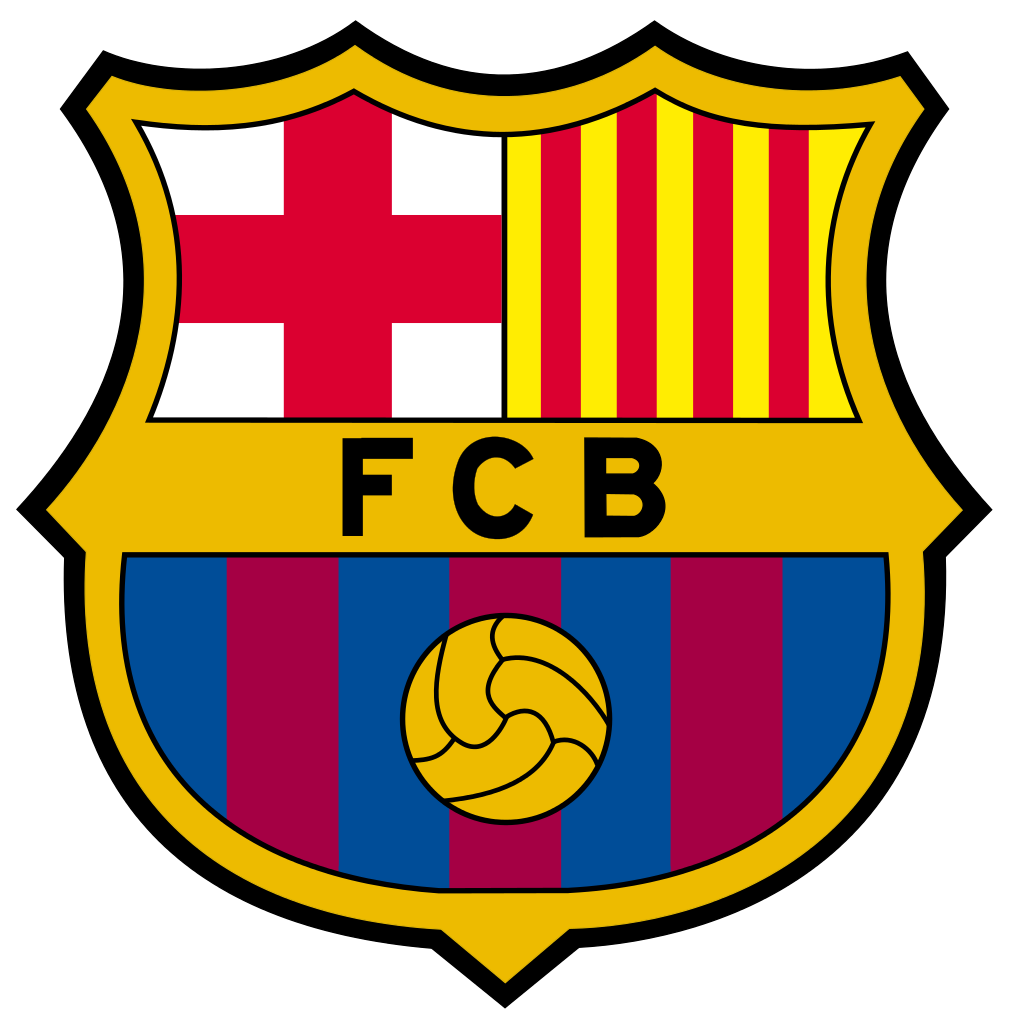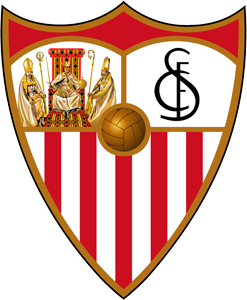history | 2015-08-20
Remembering Carles Puyol
His unmistakable mane made its first appearance in Pucela; underneath those curls was the face of a late-developing teenager, a striker who had been repositioned and who was on the verge of graduating from the Barça School of Excellence. Van Gaal, that same teacher who has sent so many pupils down different paths, was the one who gave him his first opportunity. But not even he could have imagined that he was witnessing the beginning of a legend. Tarzan and Braveheart were just a few of the nicknames given to him at the start because of his style of play; the way he threw himself into every tackle and for his seemingly endless dedication to the team he loved. My father always used to say that he was the closest thing to Migueli – another Barcelona legend – that he had ever seen. Another Tarzan, another eternal captain who was fortunate enough to touch the sky in the blaugrana colors. He also had the opportunity to taste how bitter both life and football can be, going through his fair share of defeats and seemingly never-ending struggles, things which he experienced in abundance during his time defending the Barcelona colors. Carles Puyol made his debut on October 2, 1999, and these are the moments which marked his career.
His first memorable night came against Real Madrid, when he was marking Luis Figo, former teammate and ex-blaugrana captain. At that time, the Portuguese was the old rival’s biggest star, and there were not many occasions when he had a defender stick to him as tightly as Puyol did that night. Carles won the respect of the public and of his teammates, winning ball after ball, intercepting passes and following Figo like a shadow everywhere he went. Barça took all three points and Puyol showed one of the many qualities which would endear him to the culé faithful: his exceptional man-marking abilities.
The one image which perfectly sums up just what Puyol was when he took to the pitch came in October 2002. In a Champions League game against Lokomotiv Moscow, the striker Obiorah had rounded Bonano and was bearing down on an empty net. However, he still had one obstacle to overcome: Puyol. The defender managed to block the shot with his chest, drawing the raucous applause of those in the stands. He prevented a certain goal with the badge, a badge whose history he would form an integral part of over the next decade.
It was the first time he put his body on the line for Barça, but it wouldn’t be the last. We saw him wearing a mask after breaking his cheekbone on many occasions, it was painful to see how he squirmed in pain when he dislocated his elbow and we admired his bravery after getting a wound on his head stapled together in the middle of a match against Zaragoza and playing on as if nothing happened. Between times, he had time to prevent dozens of goals with his last-ditch tackles inside the area, like the time a Roberto Carlos shot crashed into his face. Fear was never a factor for Puyol.
Son of a peasant farmer, he was a passionate character with strong convictions. In 2004, his teammates elected him first-team captain at the age of 26. He took over from Luis Enrique as captain of the last stormy, title-deprived Barça side of modern times. Two years later in Paris, he touched the sky once again, keeping Thierry Henry – who was at the peak of his considerable powers – quiet for the duration of the match. Carles became the second blaugrana player to lift the European Cup, one of those images which stays with you for a lifetime. His father was in the stands: “It was a spectacular day, it was the only match that my father saw. He had never previously come to watch me play but he was forced to come by Manel Sostres,” he recalled at his farewell ceremony as a player. Once the desert had finally been crossed, lifting cups became customary: six league titles, three Champions Leagues, two Copas del Rey, two European Super Cups, six Spanish Super Cups, as well as a European championship and a World Cup with the national team. Not a bad collection, at all.
A defender whose goals have been as uncommon as they were memorable and inspirational, like when he kissed the senyera in the middle of the Bernabéu on the evening of the 2-6 victory. “The only ones who knew about the play for the goal were Piqué, Xavi, and I. It wasn’t rehearsed, only talked about,” he added about another image which will always come to mind when his name is mentioned. Another of his most memorable goals was also a header, this time coming in the 2010 World Cup semifinal, surrounded by towering German defenders. The curly haired hurricane rose above every one of them to singlehandedly drag Spain into the World Cup final. Few will remember another much more artistic, but much less important goal he scored. In a goalfest against Tenerife in 2001, Puyi allowed himself the luxury of scoring with an overhead kick. Rivaldo had well and truly started a trend.
An example on and off the pitch, he left a trail of images which speak for themselves. His scolding of Thiago and Alves after celebrating a goal with a little dance, bringing Ronaldinho in for the team photograph during his return with Milan in the Gamper Trophy, the aid given to Miki Roqué or his gesture with Abidal in Wembley: “I thought about it two or three days before the final. I talked to a few people about it and told them not to say anything, I’m very superstitious.” Nobody had fought harder for that European Cup than the Frenchman. Life put him to the test as captain and leader once again with Tito’s illness, and during these tough times he proved to be as strong as he was on the pitch. As ever, a true example of valors.
After reaching his tactical and physical peak with Guardiola, his level dropped considerably as a result of the injuries he suffered. Along with Gerard Piqué, he formed the best central defensive partnership in the world for three years. Each of them was better playing alongside the other; they gave a masterclass in anticipation and positioning, in tackles and interceptions, in dominating their defensive area and even how, by playing the ball out of defense, a defender could break down the opposition’s defense. Ever on guard, his confidence was always sky high, but his knees and the inexorable passing of time put an end to this romance. Now we live in the years A.C. – after Carles.
Anything wrong? Send your correction.
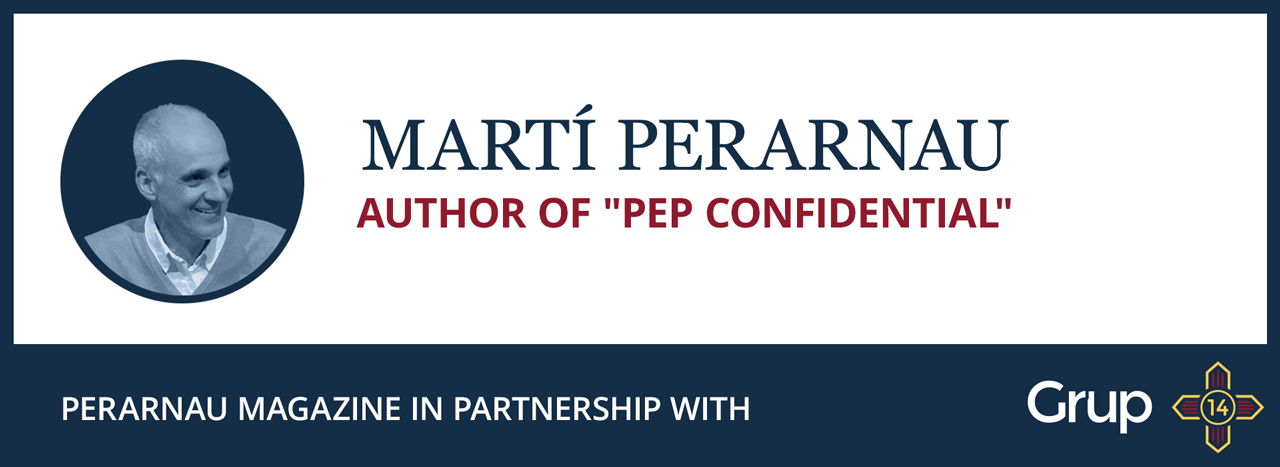
Article translated from Spanish to English, originally published at the Perarnau Magazine by Emmanuel Ramiro. Martí Perarnau is one of Grup 14's partners.
WRITTEN BY: Perarnau Magazine
The



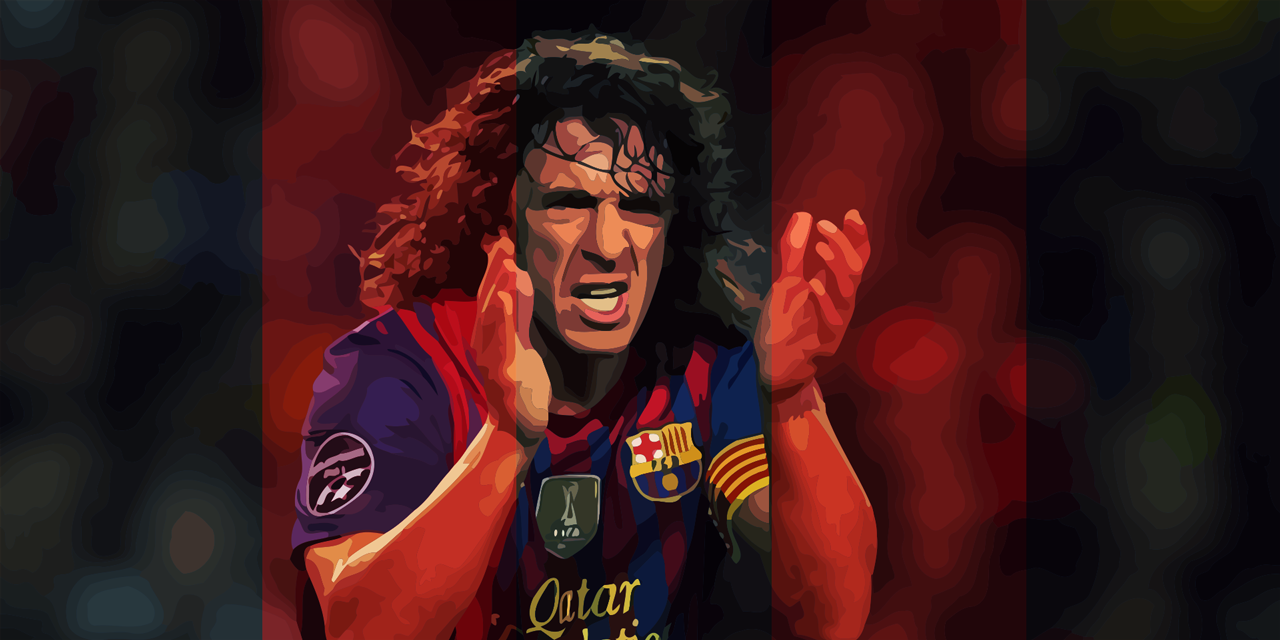

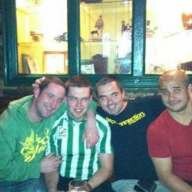
 Barcelona News 24/7
Barcelona News 24/7
